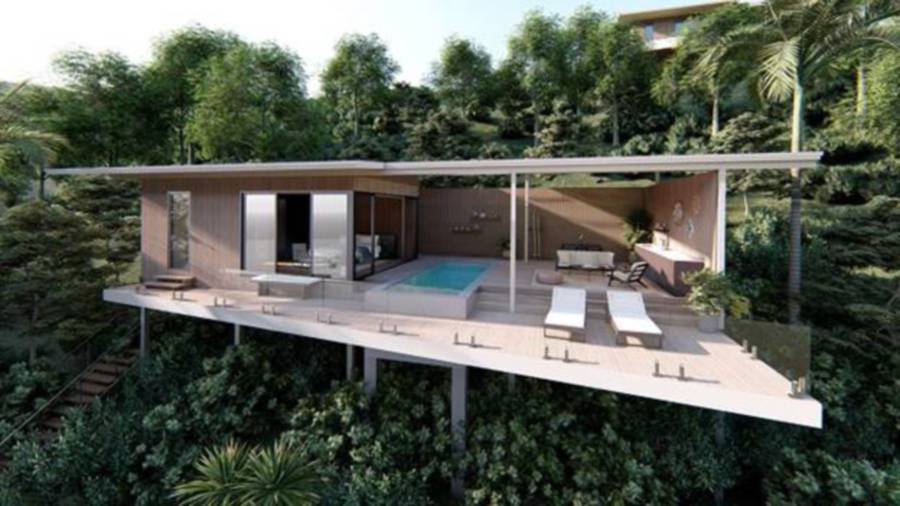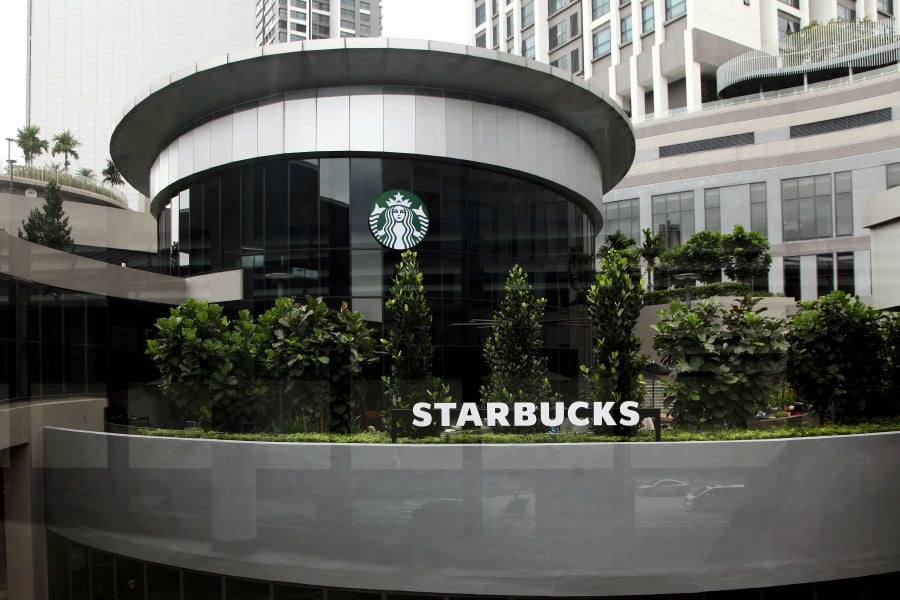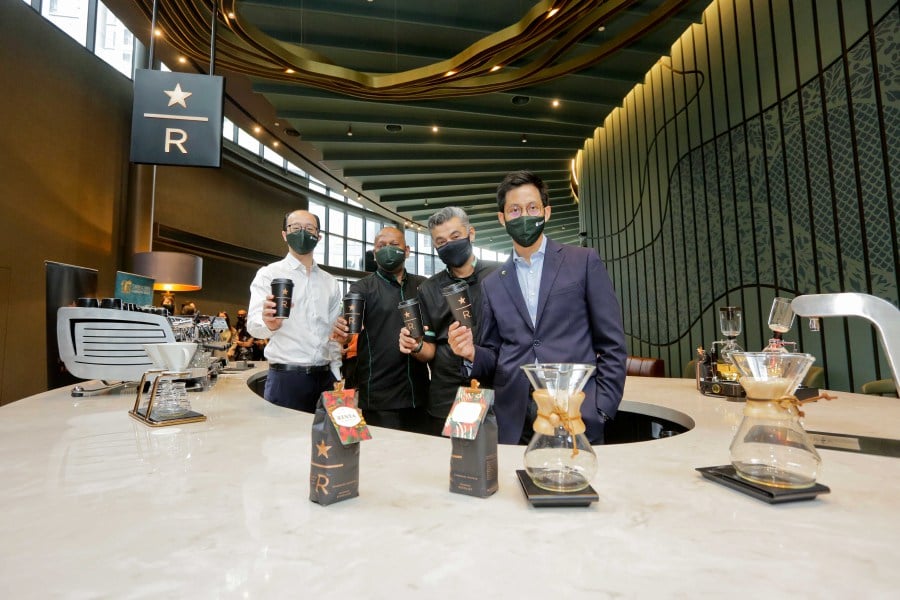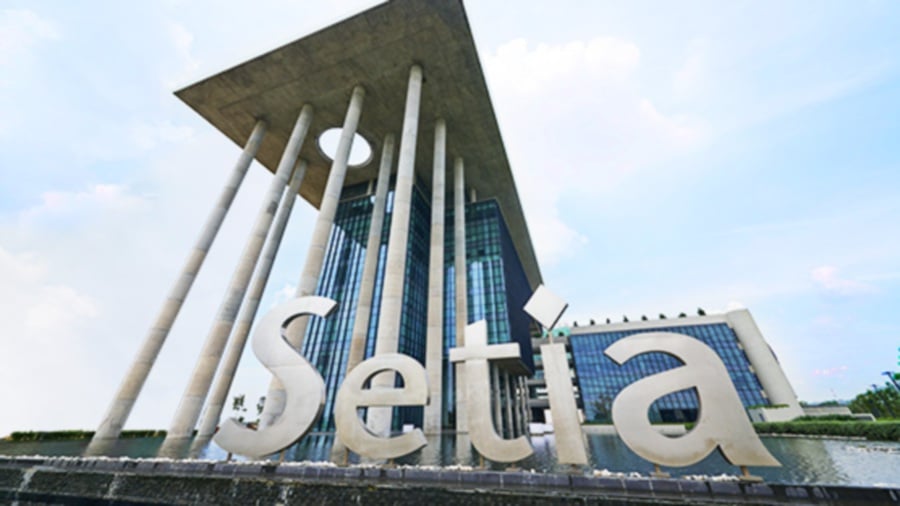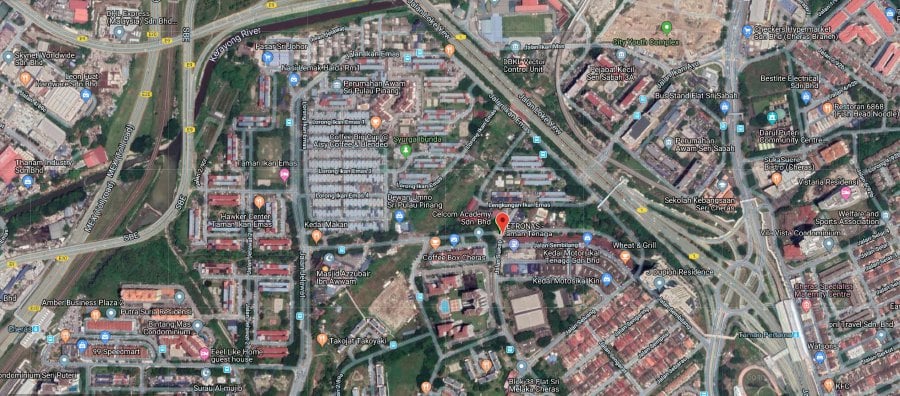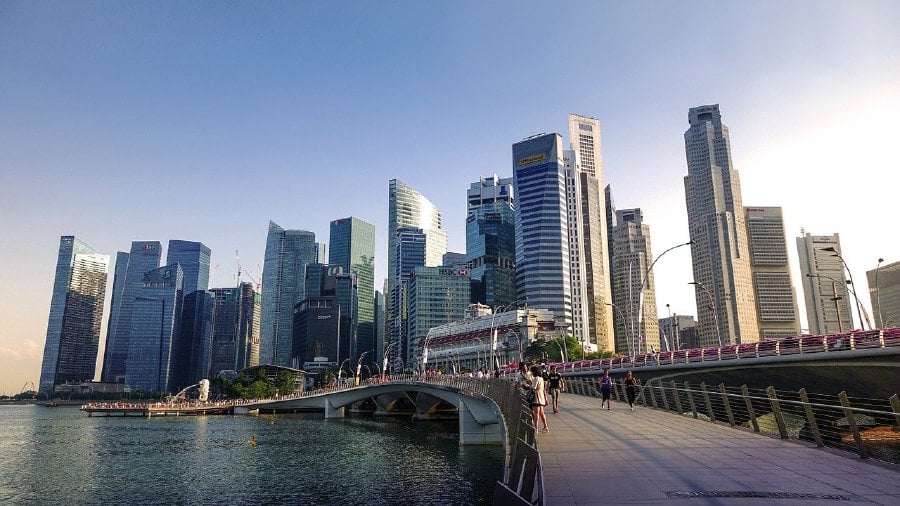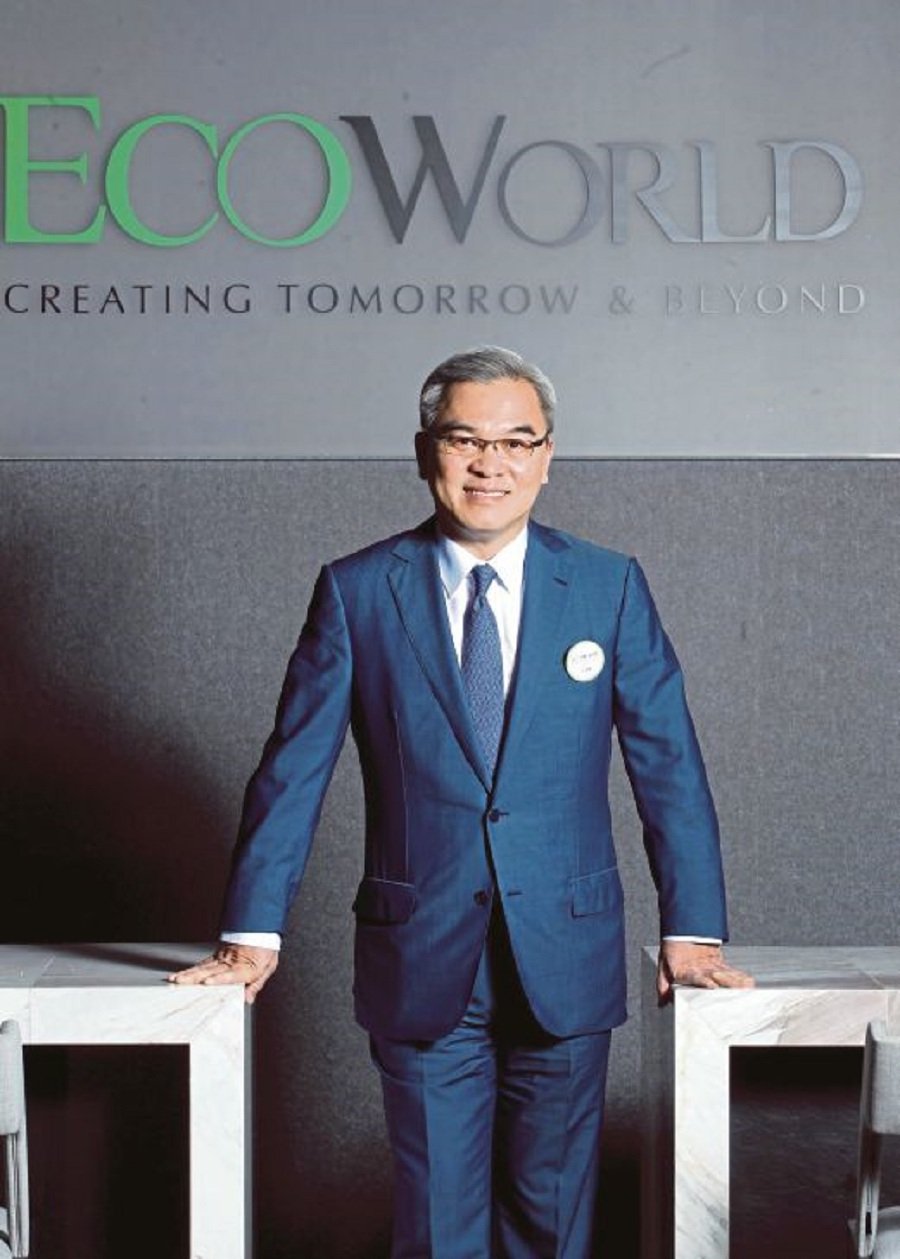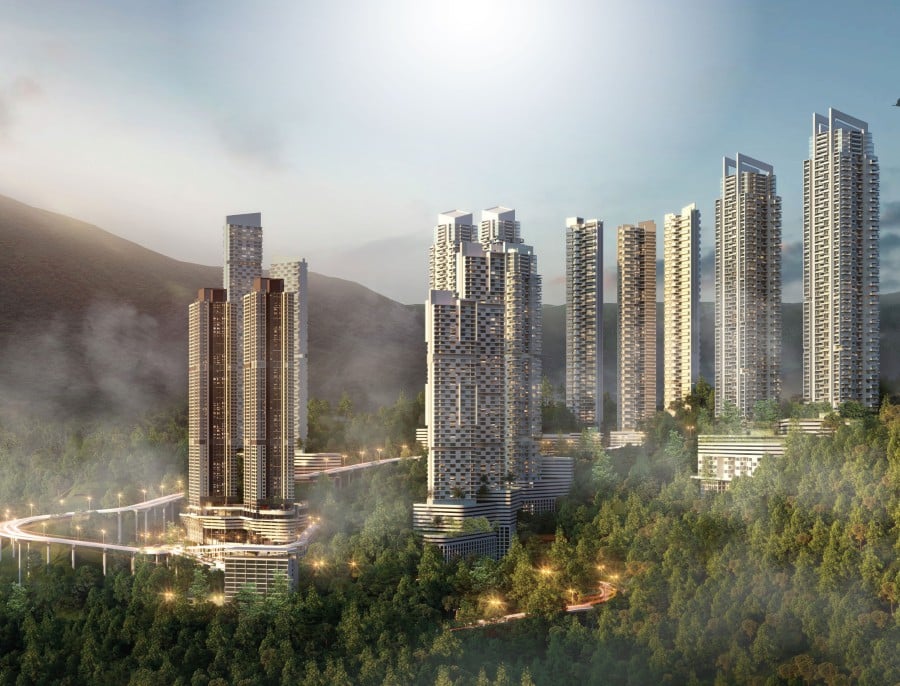By NST Property - March 12, 2021

The former residence of the first prime minister of Malaysia, the late Tunku Abdul Rahman Putra Al-Haj in Pulau Tikus, Penang is on the market for a whopping RM62 million, making it the most expensive listing today.
The six-bedroom double-storey detached residence with an annexed servants' quarters has been listed for sale via several property portals, and there are international listings.
The property sits on 0.6 hectares of freehold land fronting Jalan Park and Jalan Tunku Abdul Rahman, a road named after the Tunku, who lived there until his demise in 1990.
The house with a built-up area of 9,867 sq ft and a land size of 64,472 sq ft, is a well-preserved heritage property, according to the listings.
It stated that the property had been refurbished and renovated but did not provide further details on when this might have taken place.
Real estate experts said if the deal goes through at RM62 million, it would be the most expensive landed residential property sold in the market today.
The current owner of this historical property is believed to be a private company (a non-developer) that bought it more than a decade ago.
"The property was transacted by the family of Tunku after his passing and the private company bought it over. There is no record of who lived there since Tunku's passing. It has been empty for many years now," said a senior real estate consultant who is familiar with the property.
According to the consultant, the current owner has been looking to sell the property for more than three years now.
The consultant said he was also shocked at the way the property is being presented for sale in the market.
"The sale of this property should be presented properly via a professional marketing firm. The current listings, they are not presenting the historical aspect of the property. This house has a lot of history...the country's first prime minister lived there! The potential of the whole land is also not presented well," he said.
When asked if RM62 million (around RM962 per sq ft) is too high to fetch for the property, he added that one should look at the development potential of the area.
"If a developer wants to take over, they will want to know what is the future potential, as well as the highest and best yield that can be expected from this property. All these should be stated rather than only mentioning the price tag and that the former prime minister used to stay there.
"We need to know what is permissible for the land, like whether the back portion of the property can be built upon. What is the planning permission for the available land at the site? Can we build a condominium, and if yes, how high? The house is surrounded by ample land which can be redeveloped. The house, meanwhile, can be preserved and turned into something more meaningful like a museum, gallery, or restaurant," he said.
The property is surrounded by a mature garden setting and located a stone's throw away from the Royal Thai Consulate-General and St Christopher's International School.
Pulau Tikus is one of the more popular districts among all the other townships on the island of Penang. It neighbours Georgetown to its southeast, Tanjong Tokong to the north, and south of Gurney Drive.
It was established as a Eurasian settlement in the early 19th century.
The Pulau Tikus area is said to be named after an actual Pulau Tikus isle - a small rocky island shaped like a mouse (tikus in Malay), located about 2km away from the north-eastern coast of Penang island.
Despite its name, Pulau Tikus is known as an "upper class" neighbourhood, featuring mansions, bungalows, and colonial buildings, including condominiums, many with sea views.
There are a number of heritage properties and pre-war buildings in Pulau Tikus such as the old Roman Catholic Church of the Immaculate Conception, which was founded in 1811.
There are also numerous Buddhist and Taoist temples, with the more famous ones being Wat Chaiyamangalaram (with a huge reclining Buddha) built in 1845, the Dhammikarama Burmese Buddhist Temple built in 1803, and the Buppharam Buddhist Temple, which was established in 1942.
Many of the roads in Pulau Tikus were named after places in Burma due to the strong Burmese influence.
Jalan Tunku Abdul Rahman was formerly known as Ayer Rajah road. It was named Ayer Rajah road after the Ayer Rajah Estate of the Browns and Scotts family who used to live there in the 19th century.
Raymond Flower in the book The Penang Adventure (publisher: Marshall Cavendish Editions), states that the Ayer Rajah estate originally belonged to Captain Francis Light, the man instrumental in putting Penang on the map.
